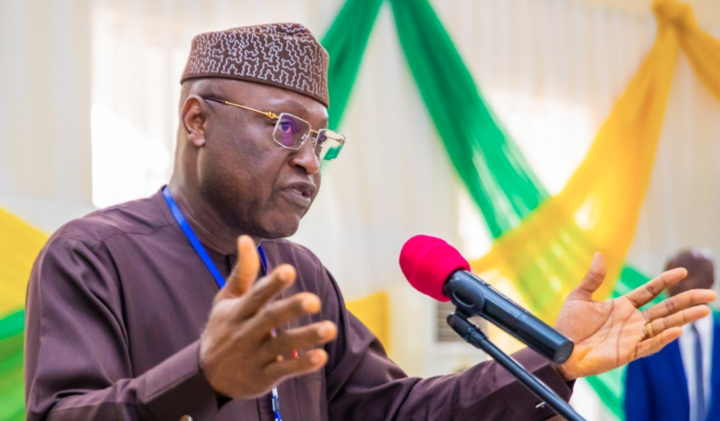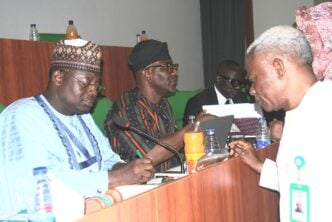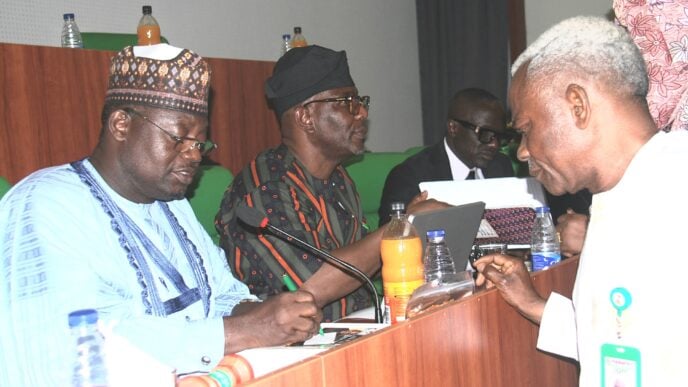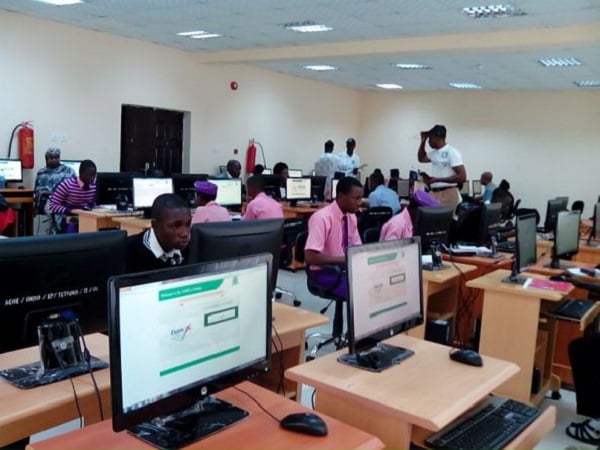A team of Nigerian researchers funded by the Tertiary Education Trust Fund (TETFund) have unveiled a series of market-ready prototypes across clean energy, agriculture, water sanitation, and sustainable infrastructure.
The innovative products, developed through the Science Granting Councils Initiative (SGCI), were showcased at a Demo Day and Closing Ceremony in Abuja on Wednesday.
Speaking at the event, Sonny Echono, executive secretary of TETFund, hailed the showcased projects as irrefutable proof of Nigerian academics’ capacity to produce innovations with tangible, commercial potential.
“This is more than just a prototype showcase. We are witnessing the result of a deliberate effort to turn ideas into impact, research into enterprise, and academia into an engine for national development,” Echono stated.
Advertisement
TETFund, representing Nigeria, secured a $250,000 grant in 2023 under its Research for Impact (R4i) initiative.
This grant, funded by Canada’s IDRC and the UK’s FCDO, supported four research teams comprising 18 researchers from various Nigerian tertiary institutions.
The SGCI project, a multi-donor programme aimed at strengthening science funding agencies in 17 African countries, was implemented by TETFund in partnership with Kenya’s African Centre for Technology Studies (ACTS) and Nigeria’s Innov8 Hub.
Advertisement
The 12-month programme focused on transforming promising research into market-ready products.
Echono said the projects on display reflect the success of the Research for Impact initiative, which he described as not only funding research but also “fuelling a national innovation movement”.
The prototypes address national and global development goals across diverse sectors including clean energy, agriculture, water sanitation, and sustainable infrastructure.
Notable innovations presented included AirVolt, a renewable energy solution; I-GEL, an agricultural biotechnology product designed to enhance food resilience; and Jolly Fryer, a refined method for processing garri.
Advertisement
The TETFund executive secretary emphasised that the Demo Day celebrated Nigeria’s capability to lead in innovation through a combined a partnership between academia, government, and industry.
He concluded by reaffirming TETFund’s unwavering commitment to innovation: “We will continue to support research that solves problems, creates jobs, and puts Nigeria on the global innovation map.”
Francis Sani, representing Dr. Bosun Tijani, the Minister of Communications, Innovation and Digital Economy, commended TETFund’s leadership in aligning innovation with national priorities.
He highlighted parallel projects by the ministry, such as the 3 Million Technical Talent (3MTT) programme and the Nigeria Talent Initiative, both aimed at building an AI-ready workforce and creating 500,000 jobs through digital outsourcing hubs.
Advertisement
“We must build systems that go beyond administrations and create lasting value. The SGCI work aligns directly with our blueprint’s key pillars – knowledge, policy, infrastructure, international capital, and trade,” Sani stated.
Nicholas Odongo, project coordinator for the African Centre for Technology Studies (ACTS), said the four projects implemented in Nigeria represent more than just academic or technical success.
Advertisement
He described them as a “testament to the power of knowledge to transform lives, communities, and futures in pursuit of sustainable livelihoods”.
He added, “They reflect our shared commitment to advancing science, technology and innovation that is rooted in indigenous knowledge, responsive to pressing challenges, and geared toward sustainable impacts and futures.”
Advertisement
Gregory Ibe, MD of Innov8 Hub, echoed these sentiments, stating that the initiative marks a significant stride toward strengthening research governance, nurturing innovation, and driving sustainable development across the continent.
“We take great pride in fostering Nigeria’s most vibrant and innovative community, which is quickly becoming a hub for researchers, entrepreneurs, and anyone interested in Africa’s future through innovation,” Ibe remarked.
Advertisement
“The transition from research to incubation, and from concept to execution, represents more than just a milestone. It affirms a shared truth: African solutions can address African challenges.”









